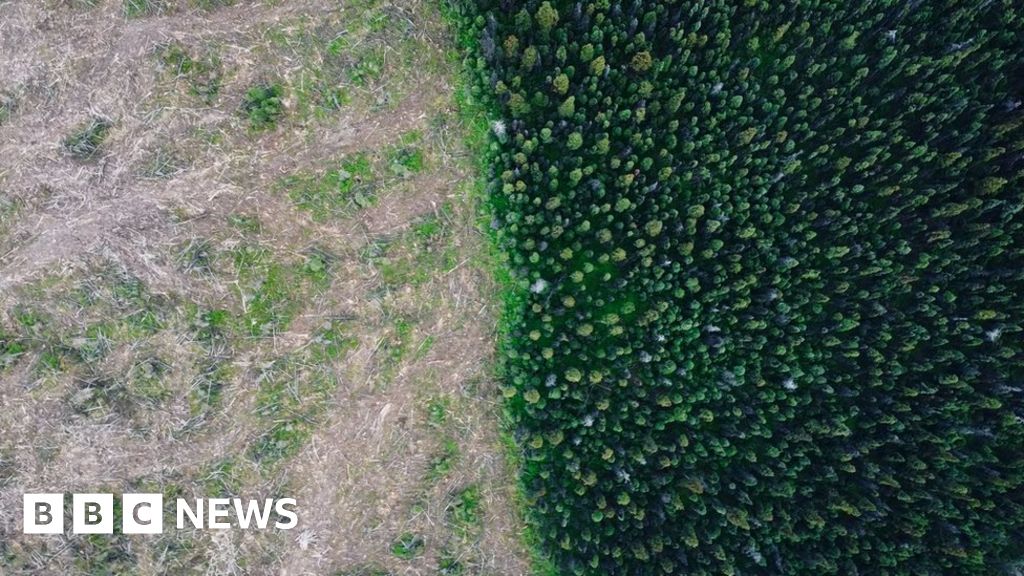Andy Adcock
Worst person on Birdforum


Drax: UK power station owner cuts down primary forests in Canada
The owner of the UK's biggest power station, Drax, is cutting down key forests in Canada.
www.bbc.co.uk





